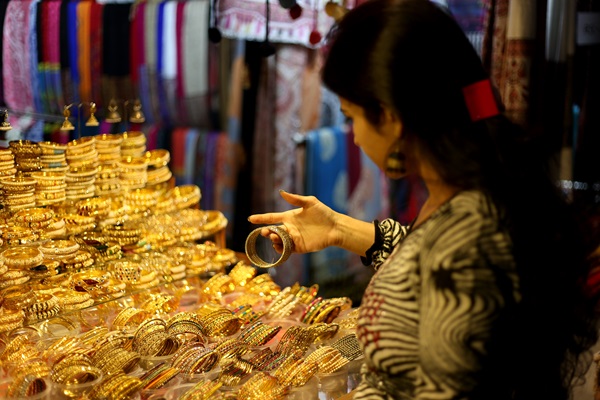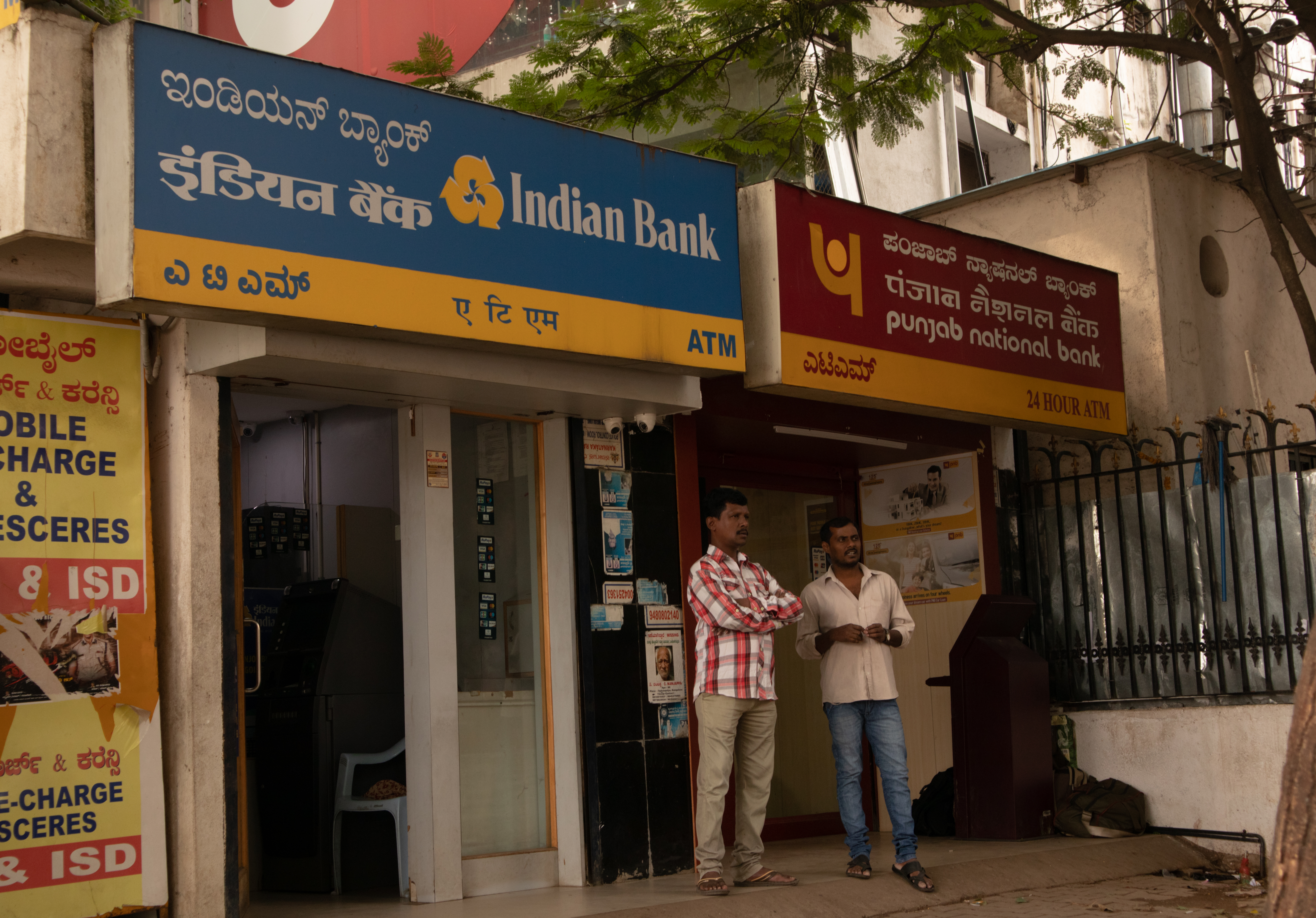.png)
A Bharat Ratna Is Not a Prison of Virtue
Sachin Tendulkar’s Titan ad has sparked a misplaced moral storm. Public recognition does not erase private rights. Freedom, even for a Bharat Ratna, must remain indivisible.


Dr. Srinath Sridharan is a Corporate Advisor & Independent Director on Corporate Boards. He is the author of ‘Family and Dhanda’.
October 29, 2025 at 7:22 AM IST
The debate over Sachin Tendulkar’s endorsement of Titan’s gold exchange scheme has ignited an oddly moralistic storm, one that says less about Tendulkar and more about how India still struggles to separate reverence from reason.
The truth is simple: a Bharat Ratna, or any other national award, is not a monkhood. It is a recognition of excellence in a field of the awardee, not a lifelong surrender of personal agency.
Hero’s Burden
Tendulkar’s public persona long ago transcended the sport that made him famous. He was conferred the Bharat Ratna in February 2014, becoming the youngest-ever recipient and the first sportsperson to receive India’s highest civilian honour. The recognition came soon after his retirement from international cricket, a gesture that acknowledged not just his unmatched records, but the quiet grace with which he carried a nation’s expectations for over two decades.
To hold that Tendulkar’s private choices must now be policed for “ethical purity” is to impose a perpetual public ownership over an individual. That instinct, to claim a hero’s autonomy in the name of collective virtue, is deeply illiberal.
Endorsements by nature are part of the marketplace of persuasion. They operate on trust, symbolism, and the aspirational pull of association. Nothing in the Titan campaign breaches legality, truthfulness, or transparency. The “moral unease” some feel stems not from deception but from nostalgia — from an outdated belief that national icons must remain frozen in the saintly amber of moral exemplarism.
We forget that Tendulkar is not a government employee nor a constitutional officeholder. The state does not fund his lifestyle, dictate his work, or script his conscience. He pays his taxes, earns his income, and lives by the same laws as any private citizen. To argue that his endorsement blurs a moral line between public trust and private profit is to ignore that public trust was conferred for his conduct in cricket, not a lifelong covenant against commerce.
Honour Bound
Awards celebrate a contribution already made. Their purpose is to inspire. No clause forbids recipients from pursuing private enterprise, endorsing brands, or entering politics. We do not ask eminent scientists to cease consultancy work, nor do we tell business leaders honoured by the state to stop making profits. Nor, for that matter, do we ask politicians to divest from their businesses or suspend commercial interests while in public life.
Why, then, this selective piety toward a former cricketer?
Part of the answer lies in how India mythologises its heroes. We elevate them beyond the reach of ordinary imperfection, and then express outrage when they act like regular human beings. In a culture that sanctifies success, we often mistake accomplishment for moral custodianship. But democratic maturity demands that we stop confusing reverence with regulation.
The implication that Tendulkar’s presence in a gold advertisement might mislead the poor into exchanging jewellery reveals a troubling paternalism. It assumes citizens are gullible, incapable of discernment, and that one television commercial can hijack their financial judgment. That argument, even if well-intentioned, diminishes the agency of the very people it seeks to protect.
Moreover, the concern that his endorsement strengthens Titan’s shareholder value misses the point of capitalism itself. Corporations exist to create value; endorsers exist to lend credibility. As long as the transaction is transparent and lawful, there is nothing ignoble about mutual benefit. Ethics cannot be defined as the absence of profit.
There is, of course, a legitimate question about responsibility. Celebrities do bear an ethical obligation to ensure that their endorsements are not misleading. Those obligations are already covered by advertising regulations.
The Titan campaign, in context, is about encouraging the recycling of gold — a practice that aligns with economic prudence and reduces dependence on imported bullion. It is not a financial product, not a speculative lure, not a crypto coin. To suggest that it erodes ethical boundaries because of Tendulkar’s national honour is a stretch of moral arithmetic.
Larger Principle
This debate ultimately is not about gold or advertising. It is about how India treats its achievers. Do we honour them as independent citizens or enshrine them as national property?
When admiration curdles into entitlement, when respect becomes surveillance, we corrode the very liberalism that allows excellence to thrive. Tendulkar’s right to participate in commerce is as sacred as a journalist’s right to dissent or an academic’s right to critique. Freedom, after all, is indivisible.
There is a subtler irony here: those who urge Tendulkar to emulate A.P.J. Abdul Kalam forget that Kalam himself repeatedly said the true test of greatness is humility — and humility lies in being oneself, not in performing piety for public approval.
The Republic can surely hold two truths at once: that a Bharat Ratna must uphold integrity, and that integrity does not mean retreating from modern life.
Mature Democracy
This reflex reveals something deeper about our collective psychology. India’s social imagination still prefers the archetype of the renunciant over the professional — the saint over the citizen.
We forgive power, but we police virtue.
The politician can err and still be re-elected; the celebrity, once elevated to national icon, is expected to live as an embodiment of public virtue.
This asymmetry says less about the icons themselves and more about our discomfort with success unshackled from moral exhibitionism. We want our greats to inspire us, but not to resemble us.
Because greatness, when real, does not need guarding. It simply needs the freedom to breathe.
Our (s)heroes need only be authentic, accountable, and human — the very qualities that made us believe in them in the first place.
Also Read: When a Bharat Ratna Sells Gold



